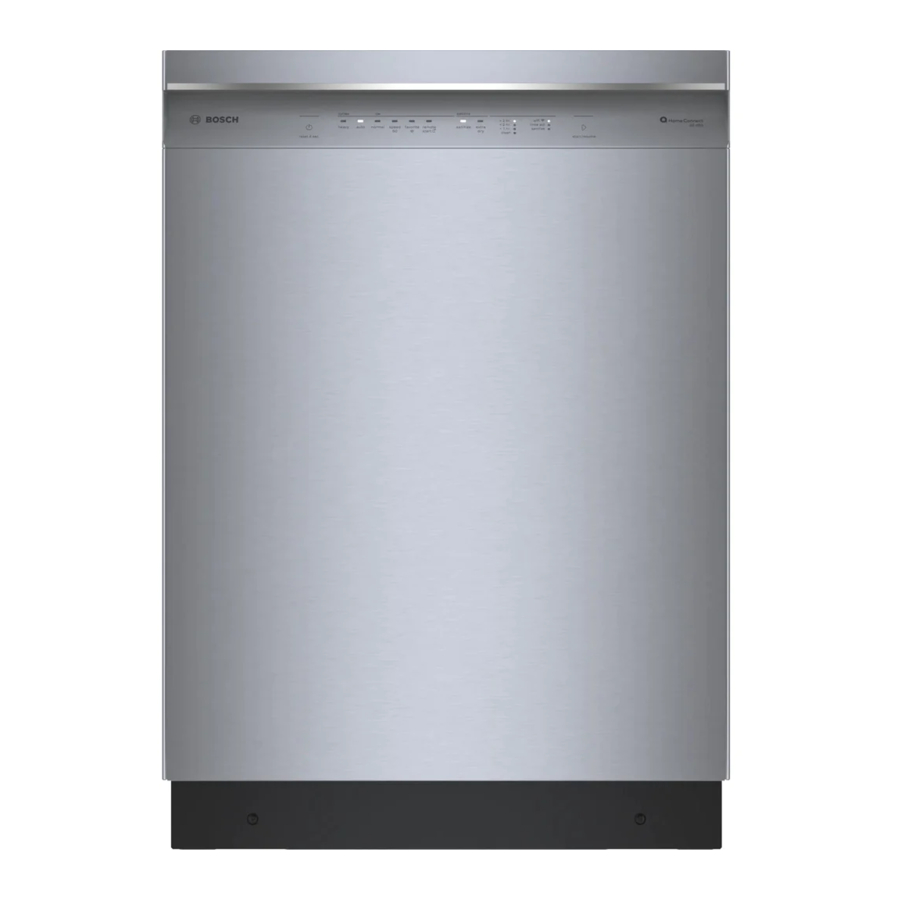Bosch FAP-OC 500Series Manual de instalação - Página 13
Procurar online ou descarregar pdf Manual de instalação para Forno Bosch FAP-OC 500Series. Bosch FAP-OC 500Series 32 páginas. Built-in wall ovens
Também para Bosch FAP-OC 500Series: Manual de instruções de instalação (21 páginas), Manual de instruções de utilização (40 páginas), Manual de instalação (6 páginas), Informações sobre o produto (40 páginas), Manual de instalação (28 páginas), Manual do utilizador (48 páginas), Manual do utilizador (48 páginas), Manual de instalação (28 páginas), Manual de utilização e cuidados (44 páginas), Manual de instalação (32 páginas), Manual de utilização e cuidados / Instruções de instalação (40 páginas), Manual de referência rápida (4 páginas), Manual de utilização e cuidados (27 páginas), Manual de instalação (24 páginas), Manual de instalação (32 páginas), Manual de utilização e cuidados (24 páginas), Manual de instalação (28 páginas), Manual de serviço (41 páginas), Manual de utilização e cuidados (21 páginas), Manual de serviço (36 páginas), Manual de instalação (32 páginas), Manual de início rápido e de segurança (13 páginas)

